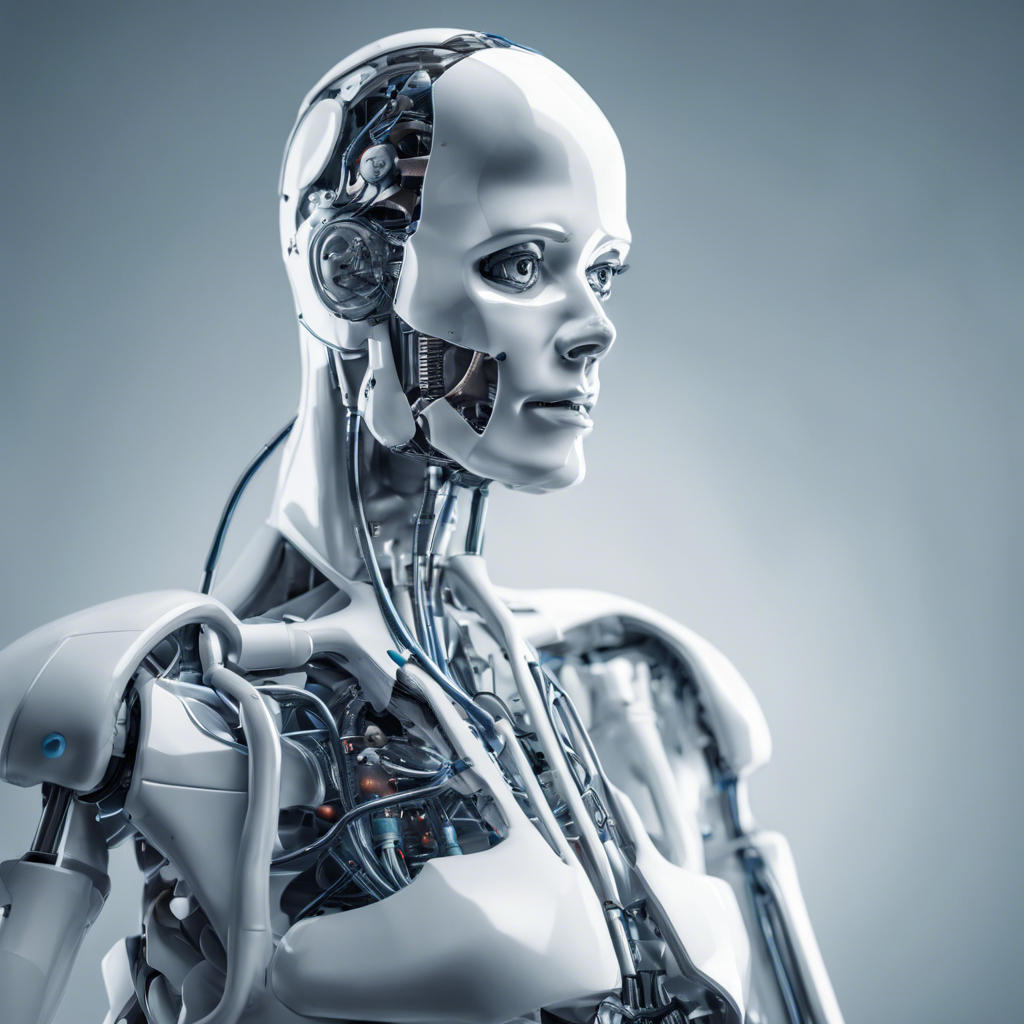The Rise of Artificial Intelligence in Healthcare

How AI is Revolutionizing Medical Diagnosis and Treatment
In recent years, the field of artificial intelligence (AI) has made remarkable strides, transforming industries across the board. One area where AI is making a particularly profound impact is healthcare. From diagnosing diseases to personalizing treatment plans, AI is revolutionizing the way healthcare professionals approach patient care. In this article, we will explore the rise of AI in healthcare and delve into the various ways it is transforming the industry.
1: AI in Medical Imaging
Advancements in AI have significantly enhanced medical imaging technologies, enabling more accurate and efficient diagnoses. AI algorithms can analyze medical images such as X-rays, MRIs, and CT scans with incredible precision, helping radiologists detect abnormalities that may have been missed by the human eye. This not only saves time but also improves diagnostic accuracy, leading to better patient outcomes.
2: Predictive Analytics and Early Detection
AI-powered predictive analytics is revolutionizing early disease detection. By analyzing vast amounts of patient data, AI algorithms can identify patterns and risk factors that may lead to the development of certain diseases. This enables healthcare providers to intervene early, potentially preventing the progression of diseases and improving patient prognosis. From identifying individuals at risk of developing diabetes to predicting the likelihood of heart attacks, AI is transforming healthcare by shifting the focus from reactive to proactive care.
3: Personalized Medicine
One of the most exciting applications of AI in healthcare is personalized medicine. By leveraging AI algorithms, healthcare providers can analyze an individual’s genetic makeup, medical history, lifestyle factors, and other data points to tailor treatment plans specifically to their needs. This not only improves treatment efficacy but also minimizes adverse side effects. AI-powered precision medicine has the potential to revolutionize the treatment of various conditions, including cancer, by providing targeted therapies based on a patient’s unique characteristics.
4: Virtual Assistants and Chatbots
AI-powered virtual assistants and chatbots are transforming the way patients interact with healthcare providers. These intelligent systems can provide patients with personalized medical information, answer common questions, and even triage symptoms. By automating routine tasks, virtual assistants free up healthcare professionals’ time, allowing them to focus on more complex cases. Moreover, these AI-powered tools can improve patient engagement and satisfaction by providing timely and accurate information.
5: Ethical Considerations and Challenges
While the potential of AI in healthcare is vast, it also raises ethical considerations and challenges. Privacy concerns, data security, and the potential for bias in AI algorithms are some of the key issues that need to be addressed. Additionally, there is a need for regulatory frameworks to ensure the responsible and ethical use of AI in healthcare. Striking a balance between innovation and patient safety will be crucial as the field continues to evolve.
Conclusion:
The rise of artificial intelligence in healthcare is transforming the industry in unprecedented ways. From improving diagnostic accuracy to enabling personalized treatment plans, AI is revolutionizing patient care. However, as with any disruptive technology, ethical considerations and challenges need to be carefully addressed. As AI continues to advance, it is crucial for healthcare professionals, policymakers, and society as a whole to collaborate and navigate the evolving landscape to ensure that AI is harnessed responsibly for the benefit of all.

